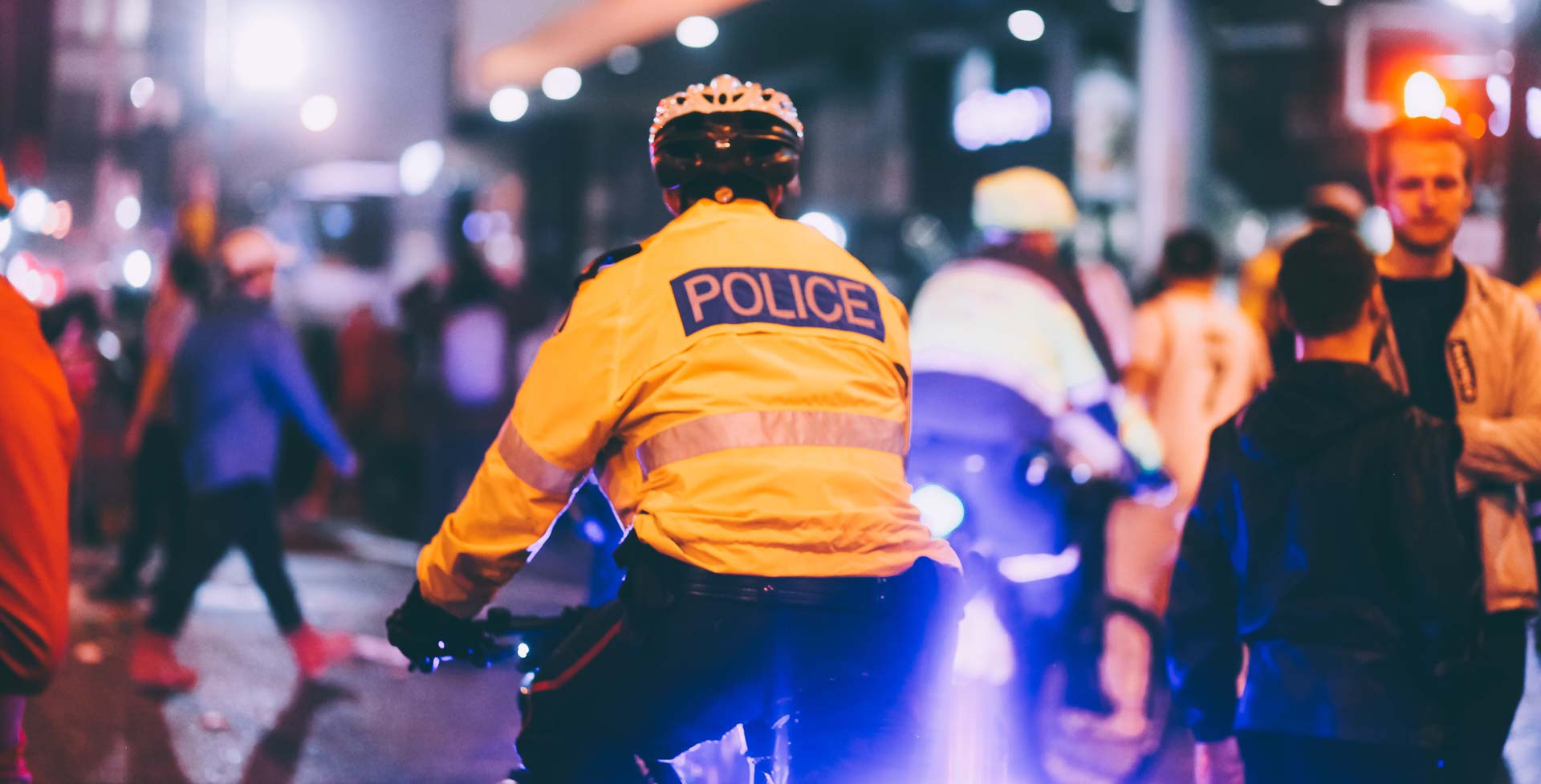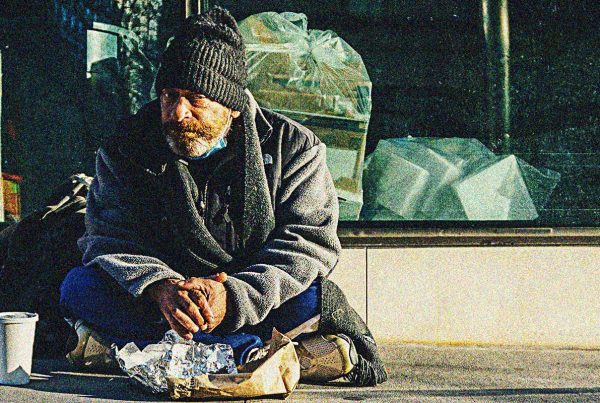The following is a re-print of a letter sent by concerned organizations and individuals, including CCLA, to Dr. James Andrews, Regional Supervising Coroner for Central Region, Toronto East Office.
Dear Dr. Edwards:
As a group of concerned organizations and individuals, we are making this submission to you regarding the scope of the inquest into the death of Andrew Loku, who was shot and killed by a member of the Toronto Police Service.
We believe it is imperative that the inquest consider the role and impact of conscious or unconscious ideas and attitudes towards people with mental health problems and race (specifically anti-Black racism) in police actions. Furthermore, these matters should be examined separately and intersectionally so as to better understand how they influence the decisions and responses of police officers on the scene.
We understand that the questions that you will be aiming to answer are:
- Who was the deceased?
- Where did he die?
- When did he die?
- How did the death occur (i.e. medical cause)?
- By what means did the death occur?
It is our respectful view that to make recommendations that will have an impact and to answer the five questions in the Loku inquest, it will be important to understand the prevailing police culture, training, and how these impact police perceptions of Black persons and people living with mental health concerns.
There is significant research and other documentary evidence that systemic discrimination, anti-Black racism and racial profiling do impact outcomes of police-community interactions in individual circumstances. And, there is data to support the conclusion that a disproportionate number of Black men living with mental health concerns are shot by police. However, to date, and to the best of our knowledge, other than the Carby inquest currently underway, no coroner’s inquest has purposefully addressed the issue of race and anti-Black racism in the death of Black individuals at the hands of the police.
Racial profiling has been repeatedly recognized by courts, tribunals, academics, community, media and the police themselves as a problem in policing. Indeed, the Toronto Police Services Board and the Toronto Police Service themselves have been concerned about the issue of racially discriminatory policing and have considered a number of measures to deal with it, including mandatory training on implicit bias.
We respectfully submit to you that the only way to gain a complete understanding of “by what means” Mr. Loku died is, therefore, to consider the impact of racial profiling in this case.
Further, we submit that there is a socially significant intersection between race and mental health that may affect officer decisions about use of force. People living with mental health concerns who are Black may be more likely to be profiled as a security/safety risk than other people. There are concerns that police are more likely to use force in their interactions with African Canadians due to stereotypes that include the belief that they are prone to violence. The death at the hands of the police of several Black individuals living with mental health concerns has reinforced this belief. So much so, in fact, that in 1999, mental health organizations, anti-racism organizations, the police services board and the police service jointly organized a major conference called “Saving Lives: Alternatives to the Use of Lethal Force.” Yet, the deaths have continued. If the inquest is to assist in the prevention of future deaths, we believe it is critical that the inquest also consider evidence on the issue of intersectionality of mental health and race in Mr Loku’s death, with specific reference to his racialized identity as a Black man from South Sudan.
Finally, as the issues we are urging you to consider are historically and legally complex it would be crucial that Coroner’s counsel and others appointed or assigned to the inquest have the requisite skill and experience to consider how race and racism impact police-community interactions. This is necessary to ensure that appropriate and necessary evidence can be considered, factors that contributed to the death can be analyzed in depth – including a race analysis – and recommendations can be formulated that would have a meaningful impact on the complex challenges to be overcome to prevent future deaths.
Thus, for the recommendations to truly enhance the likelihood of preventing similar deaths in the future, we urge you to recognize and include the intersection between race, mental health concerns and anti-Black racism in formulating the scope of this inquest.
In closing, we want to assure you that we are not drawing any conclusions about the findings of the inquest. We believe that to restore public confidence in the investigations of the deaths of people who are Black and who have mental health issues in encounters with police, there needs to be a full exploration of these features of the case.
Thank you for your consideration. Please do contact us if we can be of any further assistance.
Sincerely,
Alok Mukherjee
Distinguished Visiting Professor
Office of Equity, Diversity & Inclusion / Department of Criminology
Ryerson University
SIGNING ON BEHALF OF THE FOLLOWING INDIVIDUALS AND ORGANIZATIONS:
Abdillahi
Assistant Professor, School of Social Work, Ryerson University
Chair, Board of Directors, Across Boundaries: An Ethnoracial Mental Health Centre
Pat Capponi
Lead Facilitator, Voices from the Street
Pat Case
Chair, Board of Directors, Human Rights Legal Support Centre
Jennifer Chambers
Executive Director, Empowerment Council
Lana Frado
Executive Director, Sound Times Support Services
Steve Lurie
Executive Director, Canadian Mental Health Association – Toronto Branch
Renu Mandhane
Chief Commissioner, Ontario Human Rights Commission
Kwame McKenzie
CEO, Wellesley Institute
Noa Mendelsohn Aviv
Director, Equality Program, Canadian Civil Liberties Association
Howard Morton
Law Union of Ontario
Anne-Marie Singh
Associate Professor, Department of Criminology, Ryerson University
Knia Singh
Osgoode Society Against Institutional Injustices
cc: Dr Dirk Huyer, Chief Coroner
cc: Premier Kathleen Wynne
cc: Patrick Brown, MPP
cc: Andrea Horwarth, MPP
cc: Minister Michael Couteau
cc: Minister Eric Hoskins
cc: Sam Erry, Assistant Deputy Minister, Ontario Anti-Racism Directorate
cc: Black Lives Matter Toronto
About the Canadian Civil Liberties Association
The CCLA is an independent, non-profit organization with supporters from across the country. Founded in 1964, the CCLA is a national human rights organization committed to defending the rights, dignity, safety, and freedoms of all people in Canada.
For the Media
For further comments, please contact us at media@ccla.org.





